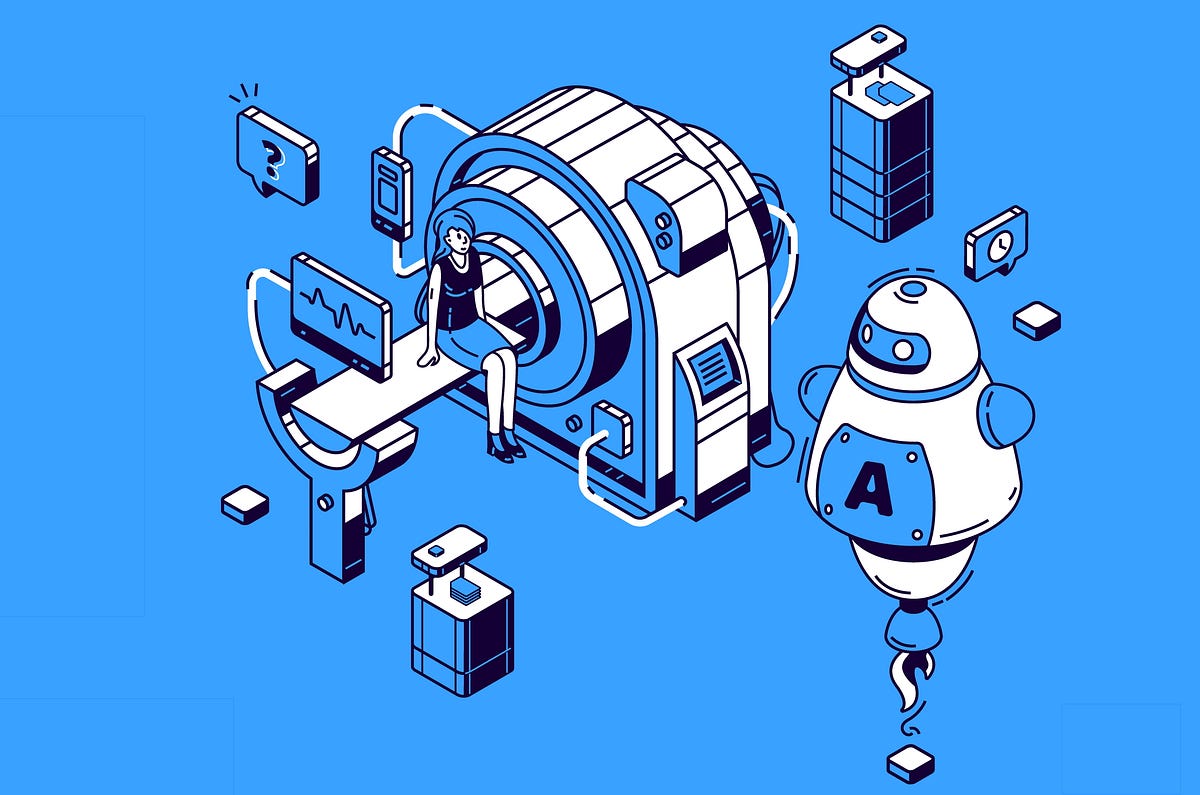New research finds that causal machine learning models are not only more accurate than previous AI-based symptom checkers for patient diagnosis but, in many cases, can now exceed the diagnosis accuracy of human doctors. That’s mainly due to the methods used, which allow for a more “outside the box” creativity in diagnosis, and even more improved accuracy for more complex patient illness.
In the peer-reviewed study, authored by researchers from Babylon Health and University College London, the new model scored higher than 72% of general practitioner doctors when tasked with diagnosing written test cases of realistic illnesses.
Up until now, and despite significant research efforts, the report claims, diagnostic algorithms have struggled to achieve the diagnosis accuracy of doctors. That’s because machine learning algorithms have attempted to follow the same process as doctors in symptom checking. But if we let the machines loose, to perform even the most improbable calculations — their diagnostic accuracy scores higher than human counterparts.
By not following more conventional and predictable patterns associated with human diagnosis, new causal machine learning algorithms using a counterfactual methodology have the freedom to exercise all possibilities. It’s the approach that Sherlock Holmes might attempt in diagnosis: “When you eliminate the impossible, whatever remains, no matter how improbable, must be the truth.”
#science #health #healthcare #artificial-intelligence #machine-learning #ai
